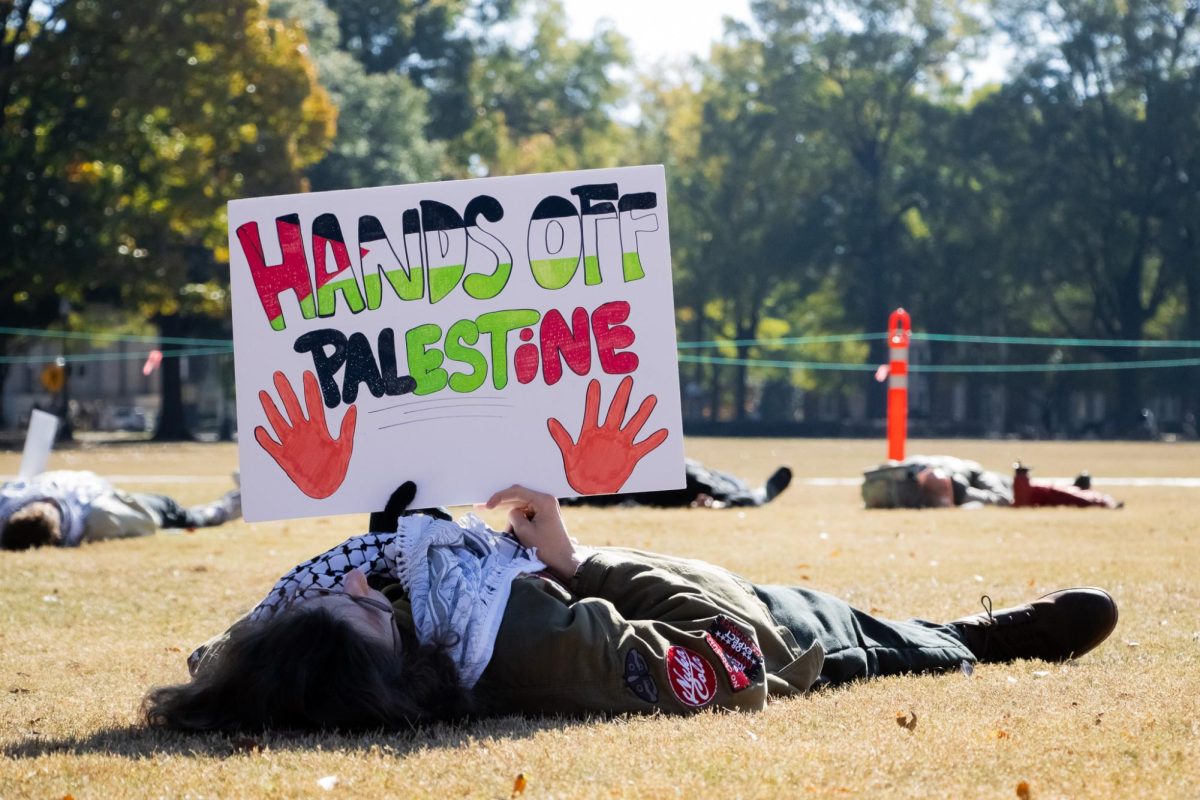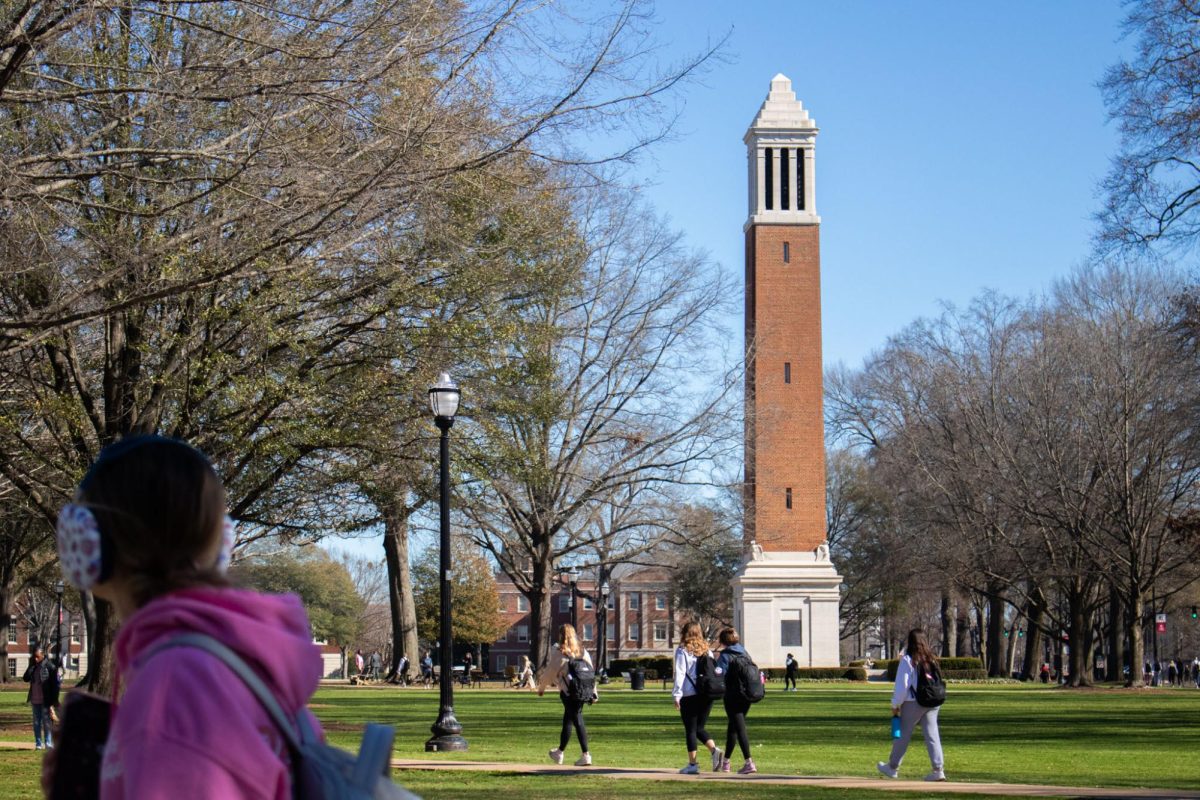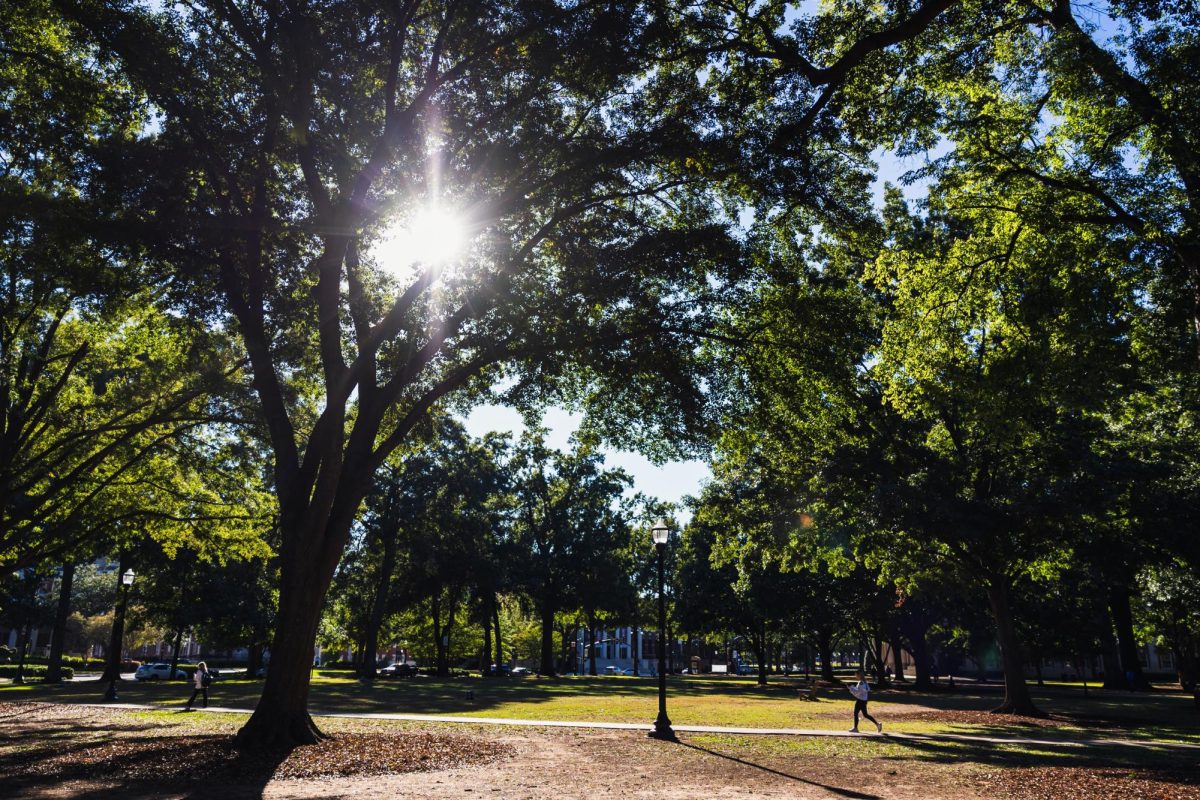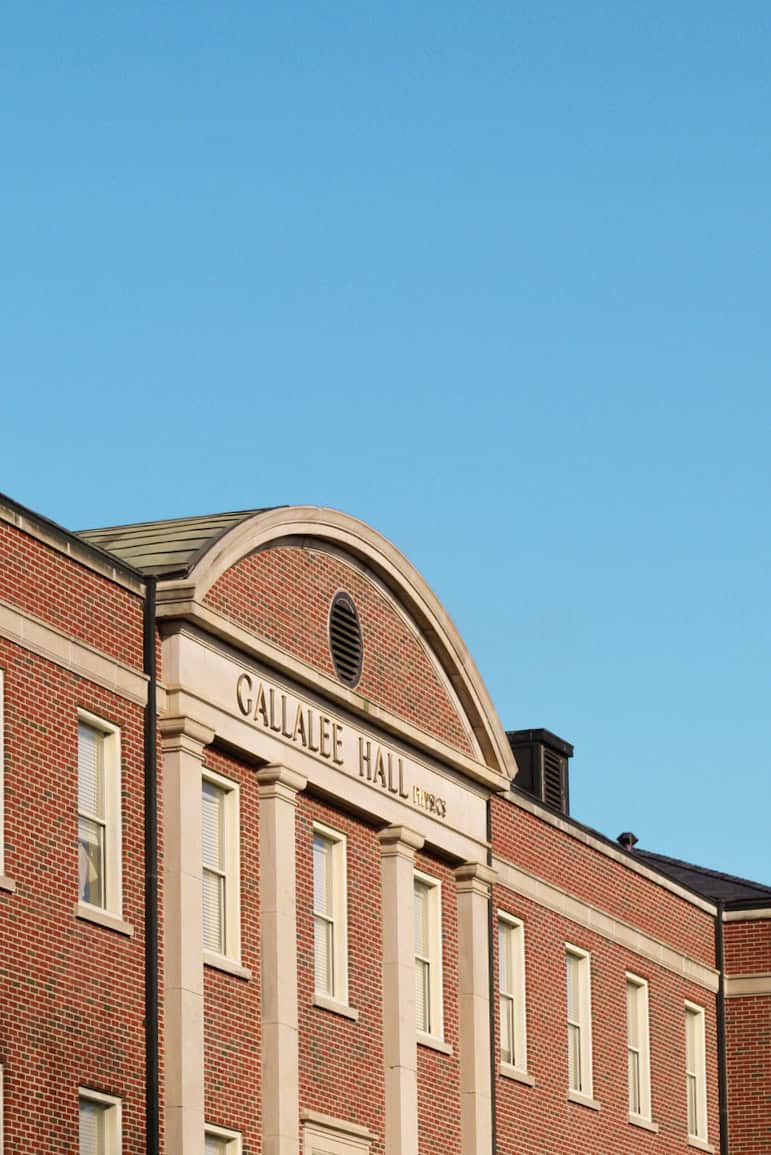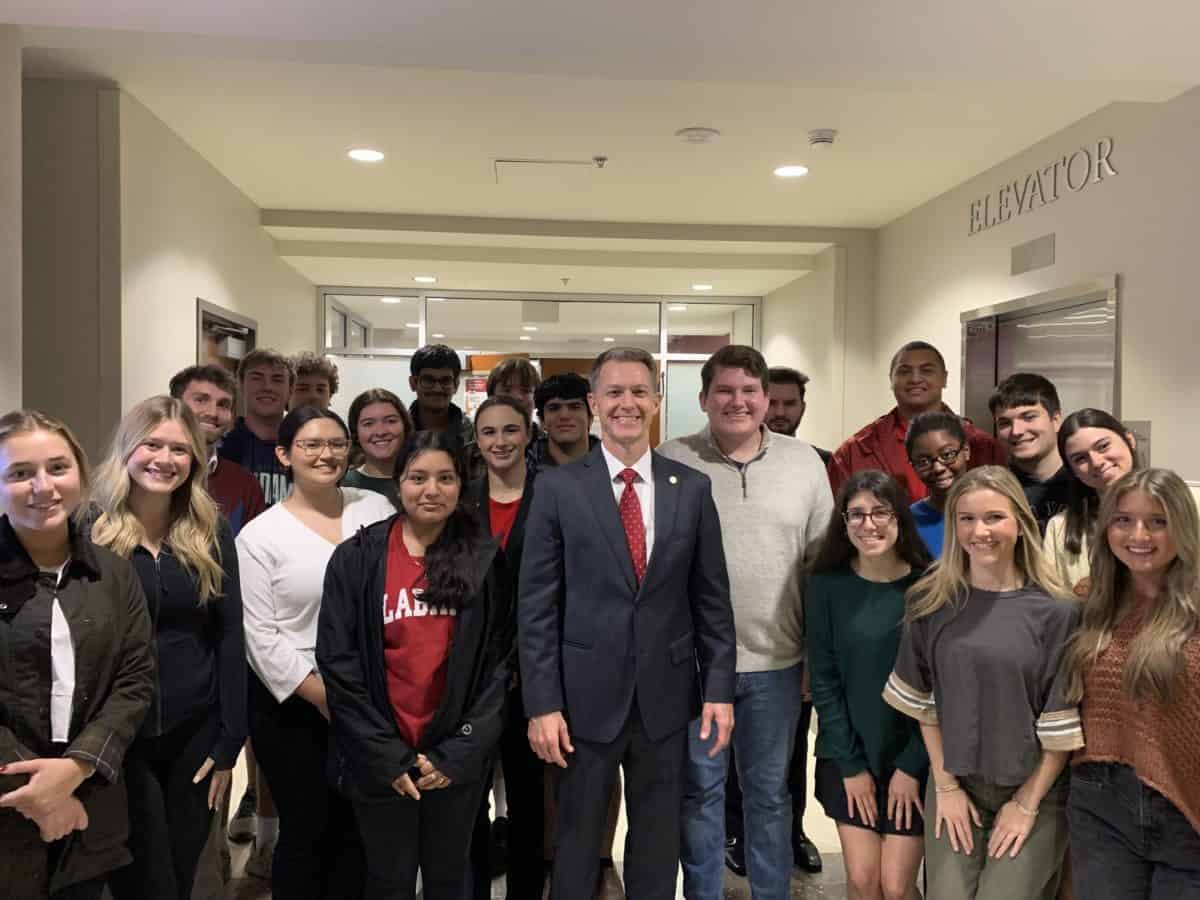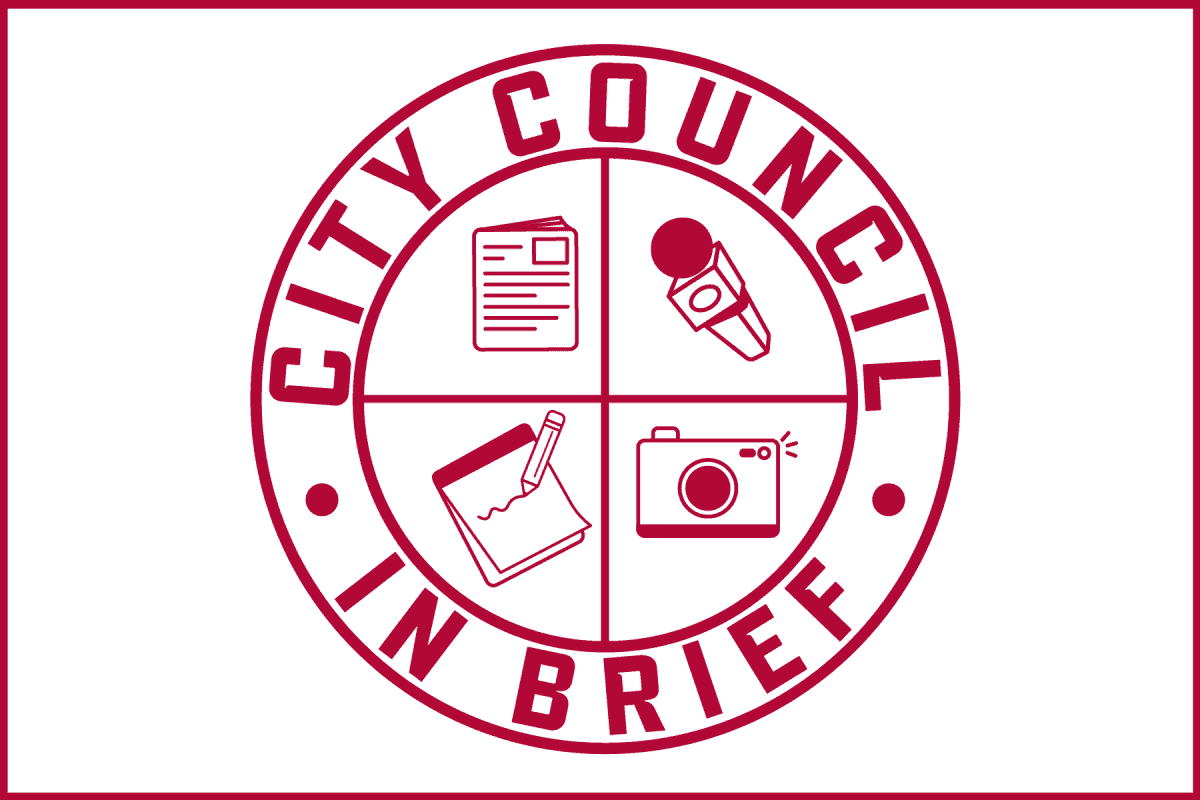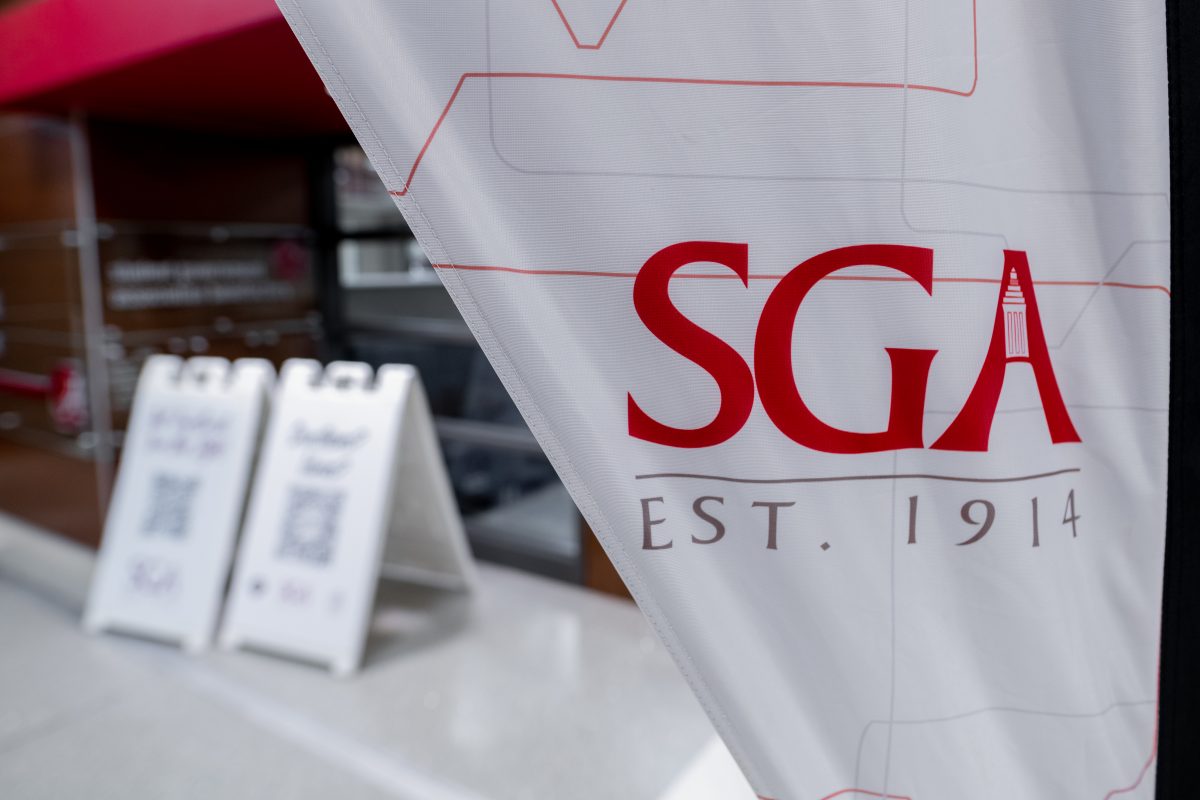On Tuesday, over a dozen members of the group Bama Students for Palestine and Leftist Collective at UA participated in a “die-in” protest on the Quad, the latest in a series of pro-Palestine, anti-war demonstrations on campus.
Protestors lay on their backs to symbolize people killed during the war between Israel and surrounding militant groups in the Middle East, holding up signs with messages such as “UA investments kill kids” and “Tide against genocide.”
“It’s really just trying to bring attention to the amount of casualties in Gaza, in Palestine and in Lebanon in this occupation,” Isabella Cornelius, senior news media major and media liaison for the protestors, told The Crimson White before the protest began. “We will be laying on the ground to represent the 45,000-plus who have been killed in this conflict.”
The die-in is the latest in a series of pro-Palestine events, including a Palestinian speaker living in the West Bank on Nov. 20, a silent protest at the UA System Board of Trustees meeting on Nov. 8, and a demonstration on the Quad on Sept. 24.
The protestors’ three demands, similar to those in previous protests, were a ceasefire resolution, full disclosure of the University’s relationship with Israeli businesses and a subsequent divestment from those businesses.
Cornelius said that at least one of the Israeli companies the University has investments in develops weapons that are being used against Palestinian civilians in the war.
The protest drew a crowd of over 50 spectators, most of whom appeared to be in support of Israel.
Owen Dodd, a freshman majoring in chemical engineering who comes from an Israeli family, watched the die-in and said that he found it “annoying” and “disturbing.”
“They all sit here, laying down comfortable, supporting and defending the same people that are bombing my family. They get the privilege to lay here with peace and quiet and pretend they’re doing something when they’re not,” Dodd said.
The event escalated when counterprotestors began yelling at the pro-Palestinian protestors, reciting the names of Israeli children who had been killed by Hamas and doing so in response to signs decrying Palestinian children being killed by Israel. The protestors largely stayed silent, while pro-Palestinian students not participating in the die-in responded to the counterprotestors by arguing back.
Spectators supporting both sides of the conflict referred to supporters of the other side as terrorists and terrorist supporters.
Matthew Wagner, a senior majoring in environmental engineering who is not a member of Bama Students for Palestine and did not participate in the die-in, showed up to support the protest.
“I am here today because I want to defund Israel. I’m not Arab, I’m not Muslim, I’m not a Palestinian, I’m just a very angry American citizen,” Wagner said. “The Palestinians have had their land brutally stolen from them for 76 years. They are having a genocide committed against them. Quite literally the worst things you can do to human beings are being done against them.”
Wagner said counterprotestors only “regurgitated” information from “pro-Israeli media sources.”
Sophomore philosophy major Rick Rosenthal, who was a vocal counterprotestor at both this protest and the original protest in May, talked to both the protestors and spectators around them.
“I’m here today to stand up for my beliefs as a Jewish American. I feel very, very distraught by this on my own campus,” Rosenthal said.
He said that members of Bama Students for Palestine had refused to condemn Hamas as a terrorist organization or say if they supported Hamas.
“I’m happy I was here to yell at them and call them terrorists because that’s what they are. I don’t think this country has any room for pro-terrorist organizations and people who support that,” Rosenthal said, adding that he believed that all the hostages held by Hamas will be freed soon after President-elect Donald Trump takes office.
Junior creative media major Sarah Wilk went to the event with a group of other pro-Israel students.
“The idea was to peacefully stand with Israel and show that these people aren’t going anywhere, Jewish people aren’t going anywhere, Israeli American students on this campus aren’t going anywhere, and that we’re a strong community and we don’t succumb to hate,” Wilk said.
Some members of the pro-Israel community felt that the protest was engineered with purposefully poor timing, as it comes two days after the Israel Defense Forces confirmed the death of Omer Neutra, an Israeli-American soldier whose body is being held in Gaza by Hamas.
“There’s nothing about the pro-Israel community on campus that’s anti-Palestinian,” Wilk said, adding that, by contrast, the pro-Palestine protestors are “anti-Israel.”
While the Bama Students for Palestine Instagram page has not explicitly stated support or condemnation of Hamas, a member of Bama Students for Palestine previously told The Crimson White that the group condemns antisemitism and seeks to end all civilian deaths.
After the event, Cornelius criticized counterprotestors, saying some of them had called protestors homophobic, racist and transphobic slurs and had made derogatory comments about people from the Middle East.
“We condemn their use of bigoted language, their chants of ‘bomb them all, kill them all.’ It shows a callousness,” Cornelius said.
A spokesperson for the University provided a statement to The Crimson White stressing that the institution is invested in freedom of expression and that UAPD and University staff were at the protest to share guidance for a responsible, peaceful event.
“Attendees and observers of the event today on campus exercised their free speech rights with no major disruptions,” the statement read. “Support and resources have been made available to students and groups who have expressed concern, and those resources remain available.”
The University’s statement did not say whether it would recognize the three demands of the protest.
Cornelius said that steps can be taken by the University to meet the protest’s demands.



